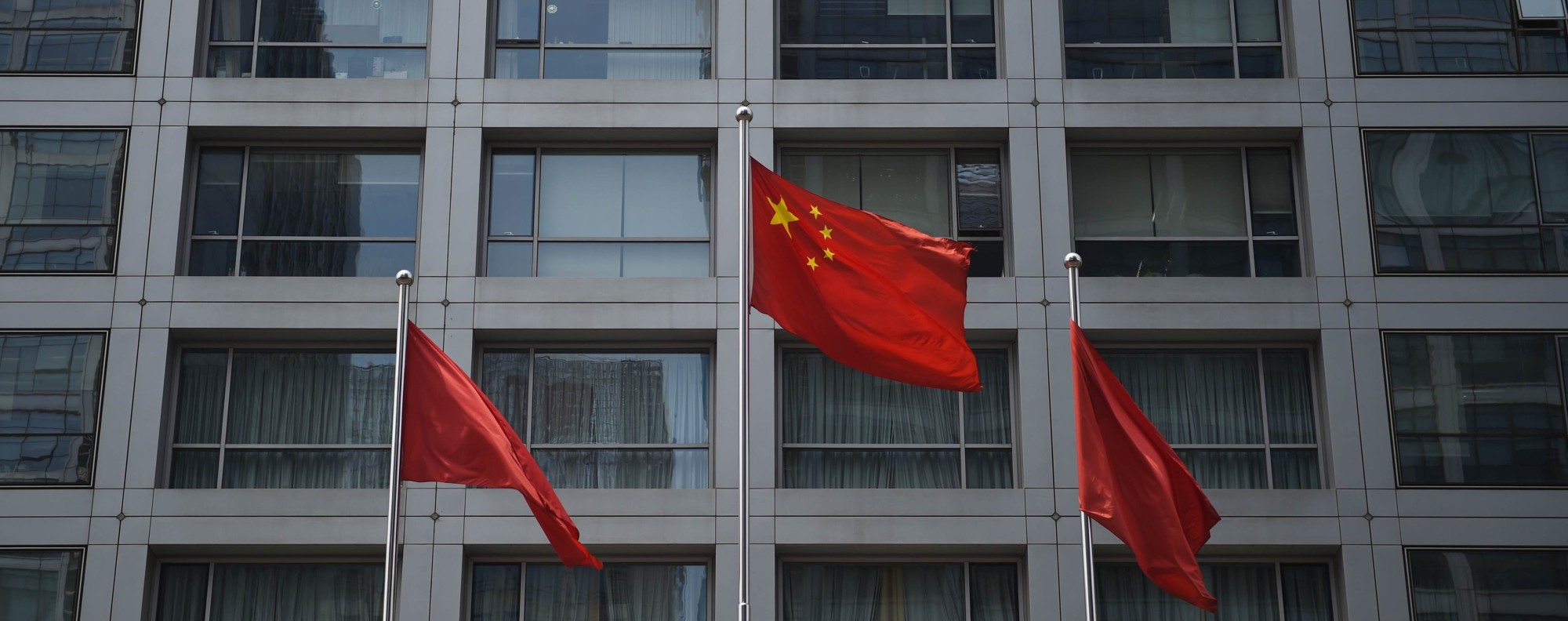New rules stipulating how Chinese firms can list outside mainland China will often mean getting approval from several domestic government agencies, possibly making for a protracted approval process, investment bankers say.
On one hand, the rules bring clarity after a regulatory crackdown by Beijing since mid-2021 that has decreased U.S. listings by Chinese companies to a trickle.

But where once – prior to the crackdown – there were very few stumbling blocks for regulatory requirements, there are now more hoops for firms to jump through. Those hoops, paired with U.S.-Sino tensions over a multitude of issues from alleged spy balloons to trade friction, means a rush of Chinese companies pursuing initial public offerings in New York is unlikely.
“It’s not exciting news because now you need to go through some additional, complicated procedures,” said Guo Yi, chief operating officer at Univest Securities, a boutique investment bank that assists Chinese companies to list in New York.
The long-anticipated finalized rules, which take effect from March 31, set out that companies wanting to list in markets like Hong Kong or the United States will be required to make a filing with the China Securities Regulatory Commission (CSRC) as well as get a green light from other relevant regulators.
“Previously, you only needed to worry about setting up an offshore structure for listing. Now, you need to report everything,” said Guo.
Under the new rules, a host of government authorities would participate in approving applicants planning to mobilize capital via the popular VIE route, said Winston Ma, an adjunct professor at NYU Law School.
So-called variable interest entity (VIE) structures are common among overseas-listed Chinese technology firms such as JD.com Inc (9618.HK) and Alibaba Group Holding Ltd (9988.HK) as they allow firms to dodge Chinese restrictions on foreign investment in certain sectors.
Other agencies that could take part in the VIE approval process include the Cyberspace Administration of China (CAC), the National Development and Reform Commission, which oversees foreign ownership in Chinese firms, and industry-specific regulators, said Ma.
The involvement of additional regulators beyond the CSRC could also spark more uncertainty around approval as some agencies could have different priorities such as data protection or national security, bankers said.
The CSRC failed to immediately reply to a Reuters request for comment.
New York Or China?
New York for decades had been a profitable listing venue for Chinese firms attracted to its high liquidity and the prestige of a share sale in the world’s biggest economy.
That all but came to an end after mid-2021 when ride-hailing company Didi Global proceeded with an IPO despite being advised by Chinese authorities to put the deal on hold, sparking a regulatory backlash and Didi to delist from the U.S. market.
In 2022, U.S. listings of Chinese companies were worth below $230 million, according to Refinitiv data, a significant drop from $12.9 billion the prior year.

Brought into effect in the wake of the Didi debacle, new rules also require firms with data of more than 1 million customers to go through a review by the CAC before they can sell shares overseas.
Buy Crypto NowWilson Yu, a private equity investor in a startup developing software for intelligent driving, said the startup is now pursuing a domestic listing instead of New York which had been under consideration earlier.
“I don’t think an overseas listing for the start-up would get the Chinese regulatory nod due to data security. China doesn’t want data-sensitive companies to list overseas,” he said.
Despite the possibility of more red tape, however, some advisers note that the guidelines are easy to follow and are preferable to the regulatory uncertainty that has persisted since mid-2021.
“Requiring approvals from more regulators is an extra burden companies will comply with as there is relatively clear guidance from the Chinese regulators in terms of the qualifications to be listed,” said Frank Bi, a partner at law firm Ashurst.








